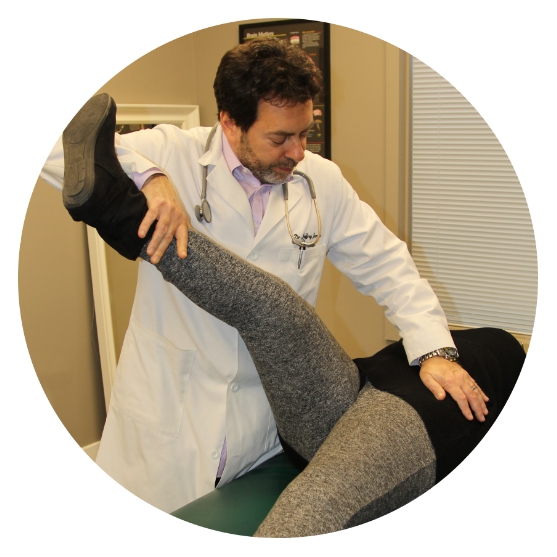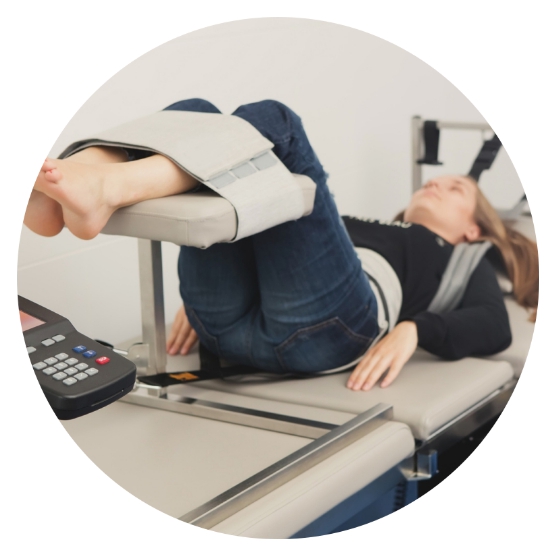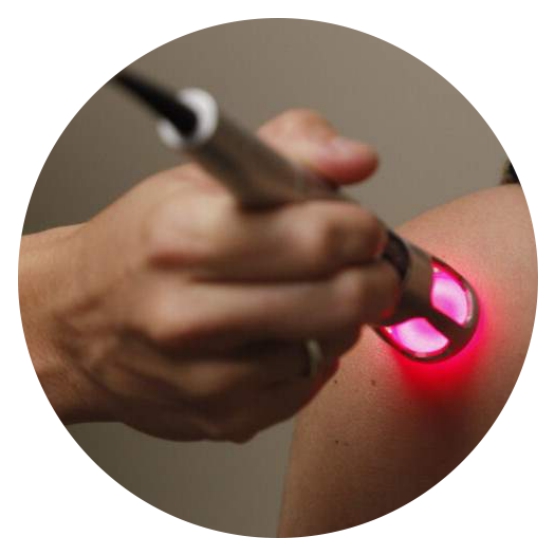Prolapsed Disc
A prolapsed disc is really another term for ruptured disc. They are often used interchangeably.
This usually means that the nucleus of the disc whether protruded or extruded has gone beyond the bounds of the annulus fibrosus and has ruptured the annulus fibers, ergo “ruptured disc” or “prolapsed disc”. They can be attributed to a protrusion, extrusion, or sequestration
Causes
A prolapsed disc can be caused by anything that could damage the spine and discs, such as:
a slip and fall
an auto accident
or any other trauma.
A disc herniation can also be caused by:
a sedentary lifestyle and
lack of movement
…which leads to the disc drying out and weakening.
This can leave you vulnerable to something benign. Once a disc is weakened, all it may take is that you make a move that you have a hundred times before,
like reaching into the back seat of your car to grab something and are gripped by paralyzing pain,
or you bend over to pick up a pencil, and experience excruciating pain.
Symptoms
Symptoms of a prolapsed disc, as with any disc herniation, can range from no pain to severe pain. The pain may also radiate into your extremities, or up and down your back. However, the pain you can experience is often related to the type of herniation that you have. You can have:
back pain
neck pain
sciatica
pain in one or both legs
pain in one or both arms
shooting pain
dull, aching pain
numbness
tingling
and/or weakness
If you have a disc herniation in your neck, then you might experience pain in your arms or upper back. If you have a herniation in your lower back, then you might experience pain or numbness and tingling in your back and into your legs.
TREATMENTS
One of the most effective means of treating a prolapsed disc is Non-Surgical Spinal Decompression. Non-surgical spinal decompression is able to to reduce the compressive force on the disc, allowing us to decrease the disc herniation’s size, rehydrate the disc, and restore normal function. This can then remove the pressure on pinched nerves caused by the disc prolapse, reducing and eliminating the pain caused by them.
In addition, we do many other therapies designed to improve strength and mobility to your spine, hips, and neck to reduce the likelihood of re-injury. In some cases, when we are unable to help a patient with a large prolapsed disc, surgery may be required. Non-invasive, non-surgical decompression should always be tried before surgery, after a proper neurological examination has been performed to determine if you are a good candidate for this procedure. Call us to schedule an appointment to see if we can help you.



